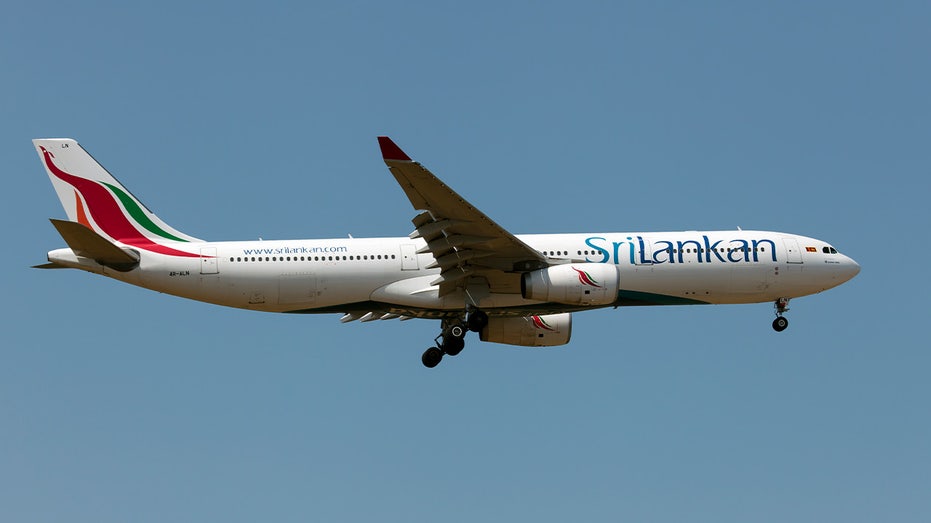The Kremlin’s Efforts to Spread Deadly Disinformation in Africa
Office of the Spokesperson Today, the U.S. Department of State’s Global Engagement Center is exposing Russia’s intelligence services for providing material support and guidance to “African Initiative,” a new information agency focused on Africa-Russia relations that has spread disinformation regarding the United States and European countries. The Kremlin’s disinformation campaign in Africa: In addition to its own staff, African Initiative recruits African journalists, bloggers, and members of local publics to support and amplify the organization’s work of bolstering Russia’s image and denigrating that of other countries. One of African Initiative’s first major campaigns is to target U.S. and Western health initiatives in Africa with dangerous health-related disinformation. The campaign seeks to undermine U.S.-funded public health projects across Africa beginning with disinformation regarding an outbreak of a mosquito-borne viral disease. From there, conspiracies will be spread about Western pharmaceutical corporations, health-focused philanthropic efforts, and the spread of disease in West and East Africa. The actors involved: The Chief Editor of the African Initiative is Artem Sergeyevich Kureyev, who is also the General Director of Initsiativa-23, publicly registered to an office in Moscow. Some members of the African Initiative were recruited from the disintegrating enterprises of the late Yevgeniy Prigozhin. The organization already has local offices in Ouagadougou, Burkina Faso and Bamako, Mali and is hosting events on the ground. Laundering the Kremlin’s disinformation to appear organic: African Initiative primarily spreads its disinformation and propaganda via numerous branded and unbranded social media accounts. Two of its main accounts are “African Initiative” and “African Kalashnikov”. The organization is highly active on its website, afrinz.ru, and VKontakte, and uses these platforms and others amplified by additional pro-Russian accounts. The popular Telegram channel “Smile and Wave” is a frequent amplifier of African Initiative content. Foreign information manipulation remains a critical threat around the world, as authoritarian actors like the Russian government use it to exacerbate social divisions, skew national discourse, and fundamentally disrupt people’s ability to make informed decisions for themselves and their communities. By supporting this disinformation network, the Russian government is actively harming the countries it targets and the African continent as a whole. Recently, the U.S. State Department’s Global Engagement Center exposed the Kremlin’s attempts to undermine global support for Ukraine by covertly spreading disinformation in Latin America. The core tactic in that campaign involved laundering Moscow-produced content through local individuals and groups to make pro-Kremlin disinformation and propaganda seem organic to the communities in which it was spread. Following the disruption of that operation, the Russian government is now trying the same tactic in Africa with a new set of actors and entities. Foreign information manipulation is a dangerous and destabilizing tactic, but it is especially damaging when targeting health information. This Kremlin disinformation campaign must come to an immediate end before it poses an even greater risk to health security in Africa. For media inquiries, please contact the Global Engagement Center at GECMediaContacts@State.gov. Tags Africa Bureau of African Affairs Disinformation Global Engagement Center Office of the Spokesperson Russia

Office of the Spokesperson
Today, the U.S. Department of State’s Global Engagement Center is exposing Russia’s intelligence services for providing material support and guidance to “African Initiative,” a new information agency focused on Africa-Russia relations that has spread disinformation regarding the United States and European countries.
The Kremlin’s disinformation campaign in Africa:
- In addition to its own staff, African Initiative recruits African journalists, bloggers, and members of local publics to support and amplify the organization’s work of bolstering Russia’s image and denigrating that of other countries.
- One of African Initiative’s first major campaigns is to target U.S. and Western health initiatives in Africa with dangerous health-related disinformation. The campaign seeks to undermine U.S.-funded public health projects across Africa beginning with disinformation regarding an outbreak of a mosquito-borne viral disease.
- From there, conspiracies will be spread about Western pharmaceutical corporations, health-focused philanthropic efforts, and the spread of disease in West and East Africa.
The actors involved:
- The Chief Editor of the African Initiative is Artem Sergeyevich Kureyev, who is also the General Director of Initsiativa-23, publicly registered to an office in Moscow.
- Some members of the African Initiative were recruited from the disintegrating enterprises of the late Yevgeniy Prigozhin.
- The organization already has local offices in Ouagadougou, Burkina Faso and Bamako, Mali and is hosting events on the ground.
Laundering the Kremlin’s disinformation to appear organic:
- African Initiative primarily spreads its disinformation and propaganda via numerous branded and unbranded social media accounts. Two of its main accounts are “African Initiative” and “African Kalashnikov”.
- The organization is highly active on its website, afrinz.ru, and VKontakte, and uses these platforms and others amplified by additional pro-Russian accounts.
- The popular Telegram channel “Smile and Wave” is a frequent amplifier of African Initiative content.
Foreign information manipulation remains a critical threat around the world, as authoritarian actors like the Russian government use it to exacerbate social divisions, skew national discourse, and fundamentally disrupt people’s ability to make informed decisions for themselves and their communities. By supporting this disinformation network, the Russian government is actively harming the countries it targets and the African continent as a whole.
Recently, the U.S. State Department’s Global Engagement Center exposed the Kremlin’s attempts to undermine global support for Ukraine by covertly spreading disinformation in Latin America. The core tactic in that campaign involved laundering Moscow-produced content through local individuals and groups to make pro-Kremlin disinformation and propaganda seem organic to the communities in which it was spread. Following the disruption of that operation, the Russian government is now trying the same tactic in Africa with a new set of actors and entities.
Foreign information manipulation is a dangerous and destabilizing tactic, but it is especially damaging when targeting health information. This Kremlin disinformation campaign must come to an immediate end before it poses an even greater risk to health security in Africa.
For media inquiries, please contact the Global Engagement Center at GECMediaContacts@State.gov.



